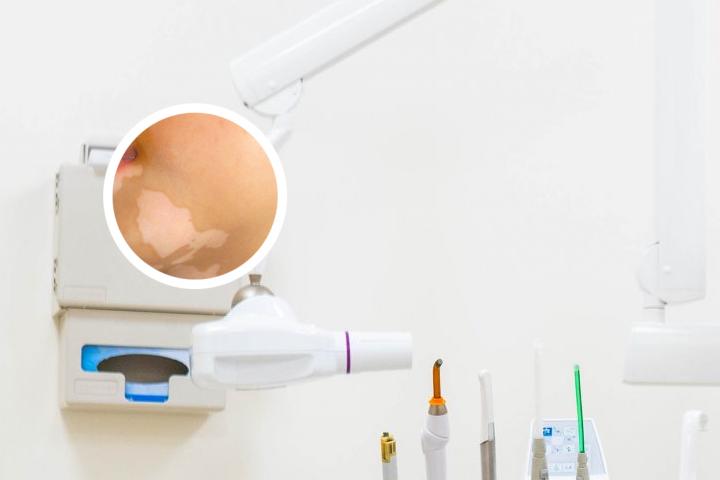Research Plan for White Spot Disease Care

Introduction
White spot disease, scientifically known as vitiligo, is a disorder in which the melanocytes, cells responsible for skin pigmentation, are destroyed or stop producing melanin. As a result, the affected area of skin loses its colour and appears white or depigmented. This condition can be physically and psychosocially distressing for patients, as it affects their appearance and identity. The aim of this research plan is to outline my intended study on the care and management of white spot disease.
Background
White spot disease affects about 1% of the world's population and can occur at any age. Although the exact cause is unknown, it is believed to be an autoimmune disorder, with genetic and environmental factors also playing a role. There is currently no cure for white spot disease, but there are various treatments that can help restore the skin's pigmentation, such as topical corticosteroids, immunomodulators, and phototherapy. In addition, psychological support and counselling may also be necessary for managing the emotional impact of the condition.
Research Question
The research question for this study is: "What are the most effective care and management strategies for white spot disease, and how can we empower patients to enhance their quality of life?"
Methodology
This study will use a mixed-methods approach, involving both quantitative and qualitative data collection. The following methods will be used:
- Survey: A survey will be administered to a sample of patients with white spot disease to gain insight into their experiences and perspectives on the care and management of their condition.
- Interviews: In-depth interviews will be conducted with patients who have undergone different treatment modalities to understand their experiences, satisfaction, and perceived effectiveness.
- Case studies: A series of case studies will be conducted to explore the effectiveness of different treatment modalities on patients with varying degrees of white spot disease severity.
- Literature review: A comprehensive literature review will be conducted to examine existing evidence and guidelines on the care and management of white spot disease.
Expected Outcomes
The expected outcomes of this study include:
- Identification of the most effective care and management strategies for white spot disease, based on patient perspectives and experiences.
- Exploration of the effectiveness of different treatment modalities on patients with varying degrees of white spot disease severity.
- Development of a framework for incorporating patient empowerment and quality of life enhancement into the care and management of white spot disease.
Conclusion
This research plan outlines a study on the care and management of white spot disease, aimed at identifying the most effective strategies for managing this condition and empowering patients to enhance their quality of life. Through a mixed-methods approach, including surveys, interviews, case studies, and a literature review, this study aims to provide valuable insights and recommendations for healthcare providers, policymakers, and patients alike.










